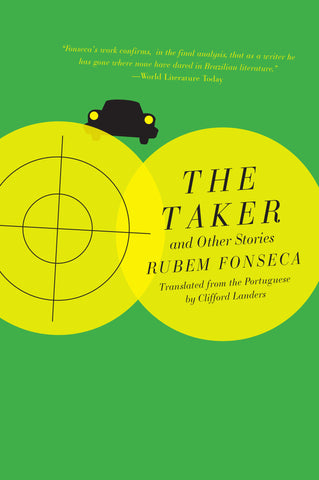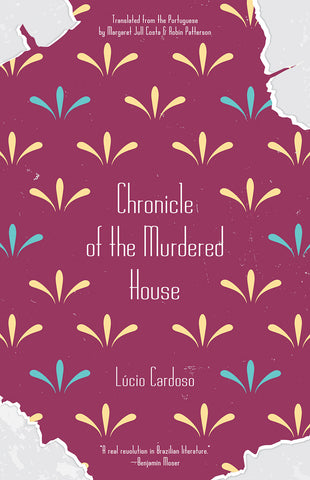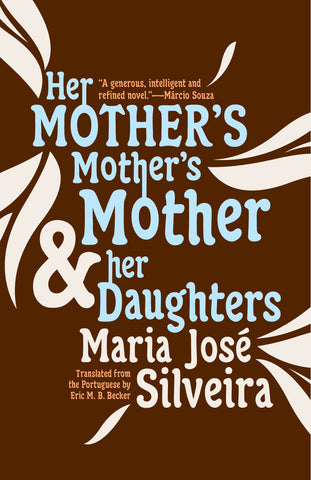The Taker and Other Stories
$15.95
April 20, 2022
stories | pb | 166 pgs
5.5" x 8.5"
978-1-948830-70-6
"Each of Fonseca's books is not only a worthwhile journey; it is also, in some way, a necessary one."
—Thomas Pynchon
Most widely admired for his short fiction, The Taker and Other Stories is Fonseca’s first collection to appear in English translation, and it ranges across his oeuvre, exploring the sights and sounds of the modern landscape of Rio de Janeiro. Rubem Fonseca’s Rio is a city at war, a city whose vast disparities—in wealth, social standing, and prestige—are untenable. In the stories ofThe Taker, rich and poor live in an uneasy equilibrium, where only overwhelming force can maintain order, and violence and deception are essential tools of survival.
Whether recounting the story of a businessman who runs over pedestrians to let off steam, a serial killer being pushed to ever greater crimes by his bourgeois lover, the desperate poor rushing to butcher a cow that has been killed in a traffic accident, or a man seeking out confirmation for a past which his friends deny, Fonseca repeatedly reaffirms his status as one of the purest storytellers on the contemporary Brazilian literary scene.
Translated from the Portuguese by Clifford E. Landers
•
About the Author: Rubem Fonseca is considered one of Brazil’s most influential writers, and was awarded the Prémio Camões—considered the Nobel Prize of Portuguese language literature—for his body of work in 2003. That same year he was awarded the Juan Rulfo Prize. He is the author of eight novels, including High Art, Vast Emotions and Imperfect Thoughts, and Bufo & Spallanzani, all of which have been published in English translation. One of his famous characters is Mandrake, a cynical and amoral lawyer and the basis for an HBO series.
•
"Rubem Fonseca writes like the maniacal dreamchild of Cortazar and Bukowski. Crazed, ribald, and relentless, the stories in The Takerroam the streets of Rio like their disturbed characters, overwhelmed by the strangeness of life."
—Stewart O'Nan
"Fonseca's work confirms, in the final analysis, that as a writer he has gone where none have dared in Brazilian literature."
—World Literature Today
"[Fonseca's narratives] take advantage of and reinvent existing popular literary forms, such as the crime novel, but also the political, social, existential and erotic novel."
—2003 Juan Rulfo Prize Jury



